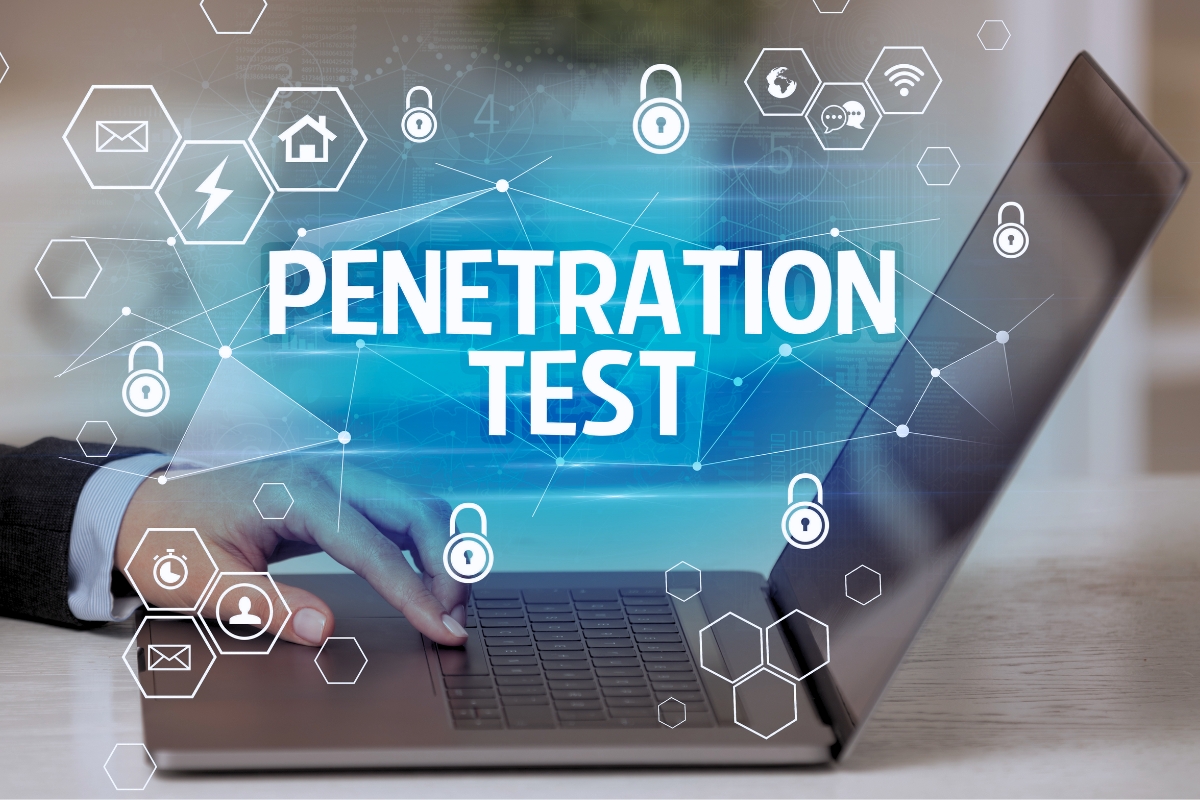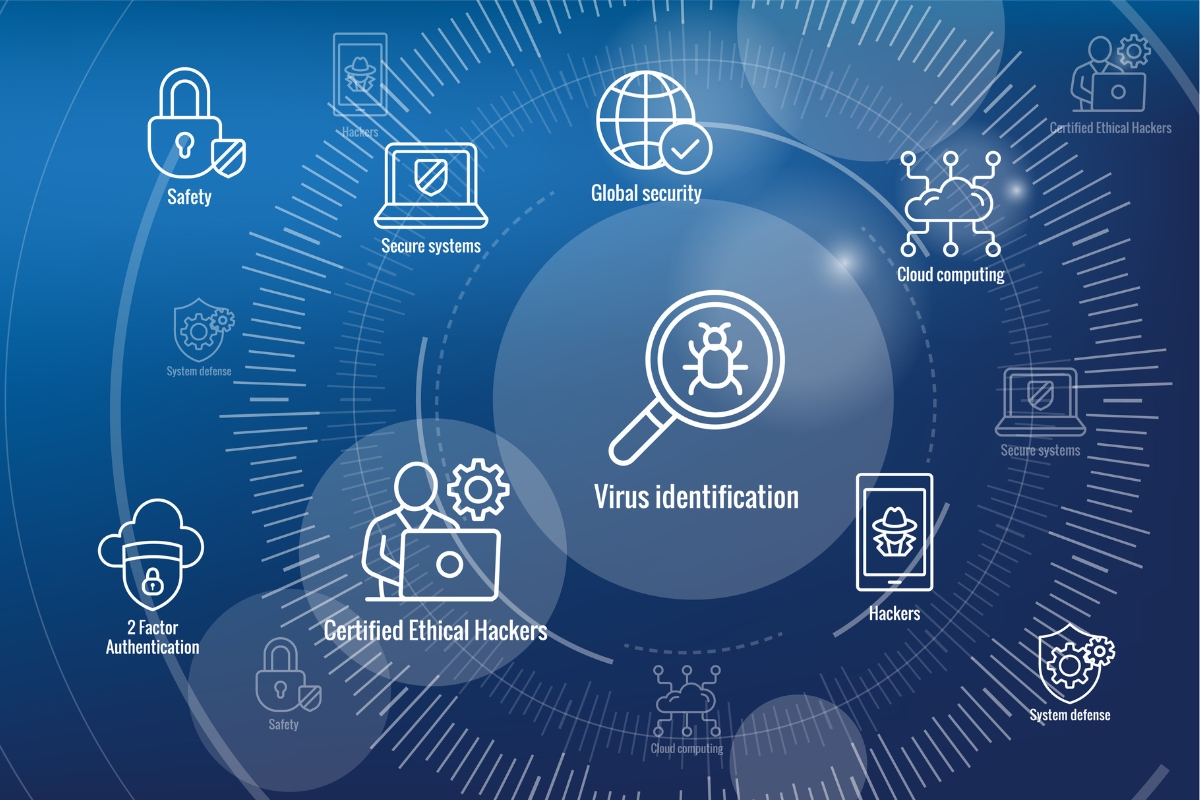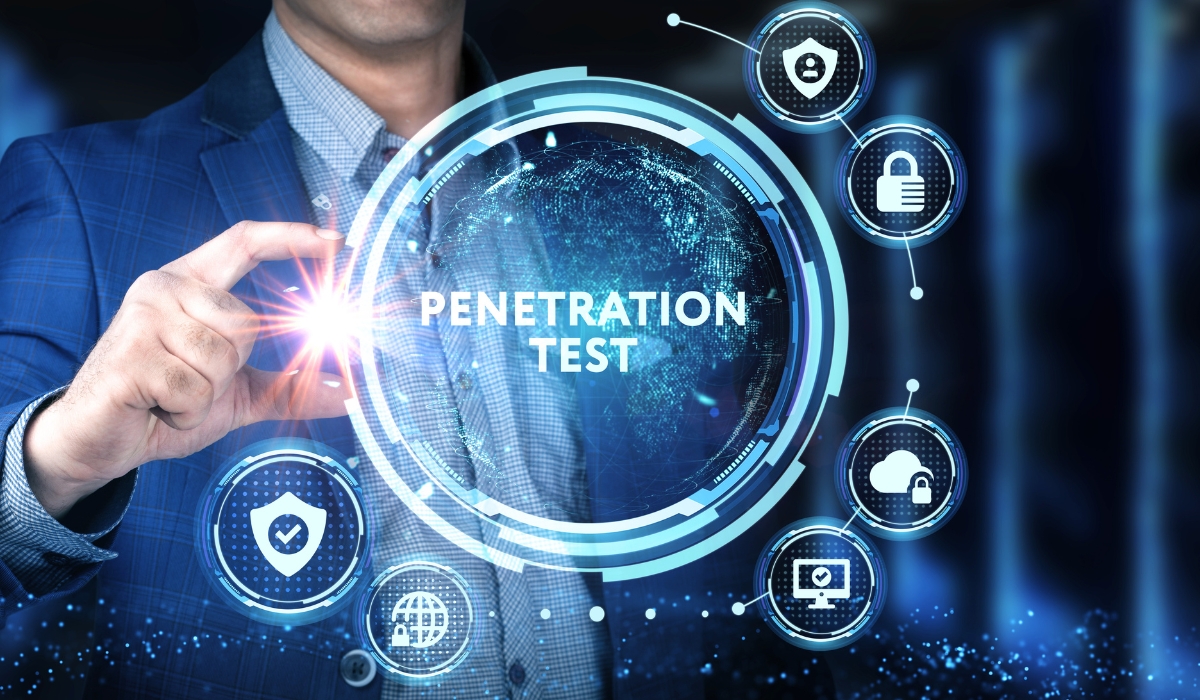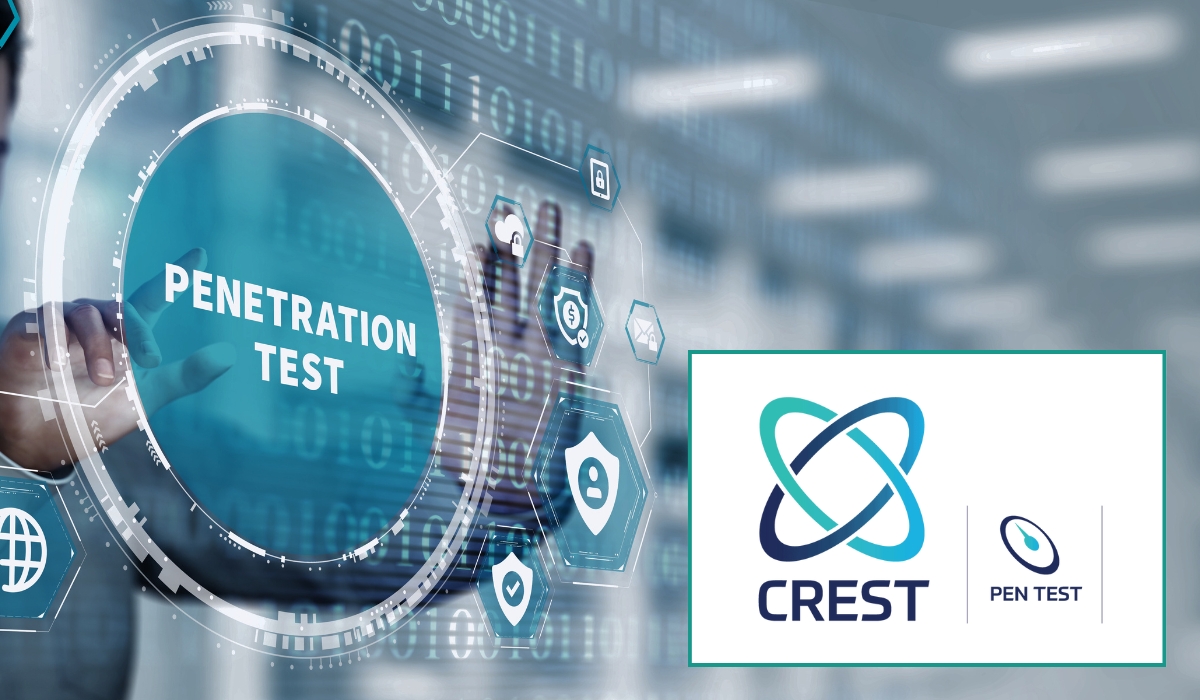Your network is the lifeblood of your organisation. Which is why your business does what it needs to secure it, whether that is due to regulation, compliance requirements or to improve your cyber security posture.
Network security encompasses many things – including your computer networks and data, but also covers hardware (network-connected devices) and software. So, there is a lot to consider. And there are a number of ways to secure your network and organisation, including firewalls, use of VPNs, email security, intrusion protection systems (IPS), data loss protection…and much more.
While it is good having these protections in place, how do you know they’re working? Or how well they are working?
That is where network penetration testing comes in – specifically working with an expert compliance partner whose skills and knowledge you can rely on to help you find gaps in your security, as well as gauge your organisation’s (including staff and systems) preparedness and reaction to a cyber-attack.


Choosing the right network penetration testing partner
Based on our experience of working with businesses across different sectors we recognise that your company is likely facing challenges when it comes to compliance and cyber security. These typically include a lack of internal resource or expertise, working to tight deadlines, or internal barriers to delivering change.
When it comes to something like network penetration testing we recommend choosing a network penetration testing company that is accredited by a recognised body. RightCue, for example, is a CREST (the international not-for-profit body that represents the global cyber security industry) accredited company for penetration testing, including network penetration testing services.
CREST works with governments, regulators, academia and professional bodies to raise the standards in the industry and awards accreditations to member companies based on rigorous standards. As a result, our network pentesters undertake continual training to ensure they remain ahead of the curve and are able to deliver the best service possible to our customers.
Why is network security so important?
Without scaremongering, it is fair to say that cyber threats are increasing, as is the sophistication of cyber attackers. As a result, the technical measures you have in place to mitigate the risk of attacks and make your business more cyber resilient should be constantly monitored and tested – through something like network penetration testing – to ensure they are keeping pace with the evolving threat landscape. Especially in today’s business environment where remote working and working from anywhere is so prevalent.


What’s involved?
In its simplest form, network penetration testing is a proactive measure to identify vulnerabilities in your network security. Network penetration tests are carried out by a cyber expert – a network penetration tester or ethical hacker – who attempts to access your network to achieve a goal. This could be stealing information, syphoning user credentials or intercepting traffic. These ethical hackers work for network penetration testing companies and once they have identified any gaps in your security, they recommend the best ways to mitigate the risk and bolster your defences.
Types of network penetration tests
There are many avenues through which attackers can attempt to access your network, which are followed by network penetration testers, such as conducting network reconnaissance.
Specifically, cyber experts will perform both external and internal network penetration testing.


The process of network penetration testing
There are four broad steps involved in carrying out a network penetration test, including:
Building robust network defences and stakeholder trust
Network penetration testing is a must considering the evolving cyber threat landscape and the importance of a secure network. Not only is it a proactive way of checking and improving cyber security efforts, but it can also play a role in compliance and meeting regulation.
In addition it demonstrates to your stakeholders, the market and your customers that you take cyber security seriously and are committed to keeping their data safe and delivering a quality service.



